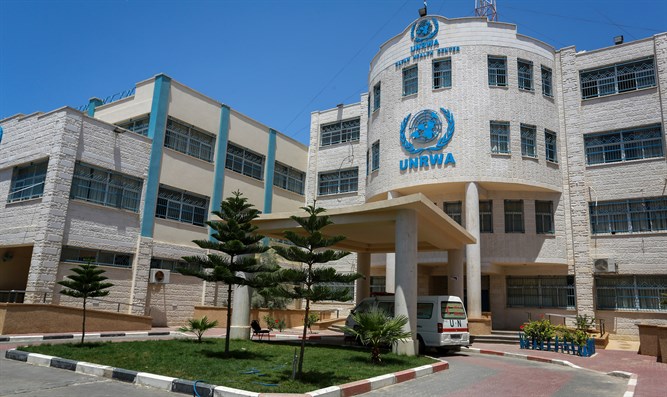As a social work professional who has researched and reported on UNRWA since 1987, the time has come to express concern that the new UNRWA commissioner, Phillipe Lazzarini, who in his first presentation at the UN General Assembly, on October 12, 2020, described the five million people who depend on UNRWA as desperate , with some UNRWA residents forced to eat out of garbage cans.
UNRWA comprises a population of five million who are descended from half a million who left their homes in the wake of the 1948 war. These refugee descendants have dwelled ever since contiguous or within 59 “temporary” refugee facilities in Syria, Lebanon, Jordan, Jerusalem, Judea, Samaria and Gaza ever since, motivated by an UNRWA vision which promotes their “right of return” to villages from 1948 which may or not still exist.
Upon Lazzarini entering his position in March, 2020, only six months ago, the UNRWA site posted that that it relies on $ 902,088,707, donated by 63 nations.
https://www.unrwa.org/sites/default/files/2019_pledges_of_government_and_eu_overall_ranking.pdf
While the UNRWA site indicates where its money comes from, UNRWA provides no accounts to how it spends close to one billion dollars.
Since UNRWA asks donor nations to allocate much of their funds in cash, has UNRWA or their 63 donor nations to investigate whether any donated hard currency winds up in the coffers of organized crime which dominate the UNRWA environment: trafficking of women, weapons, narcotics or cars?
Nations around the world who place their trust in UNRWA have a right to know. So do five million people who depend on UNRWA allocations.









